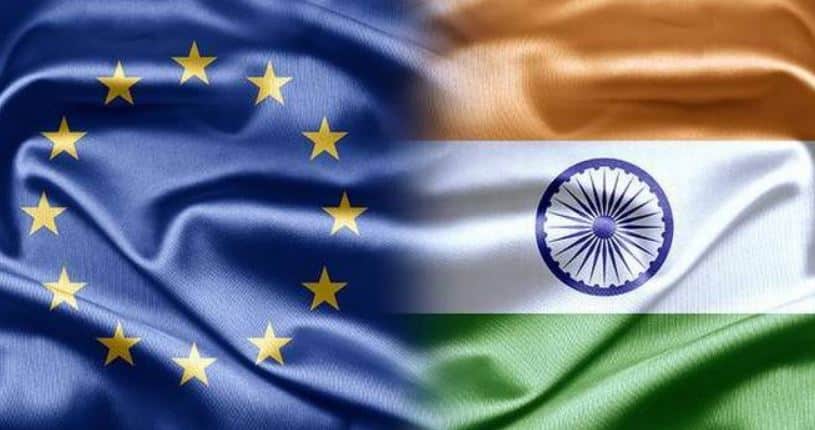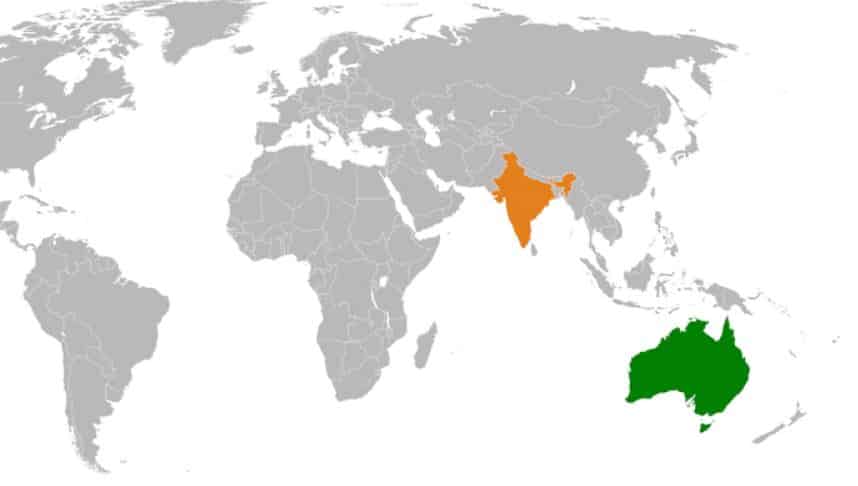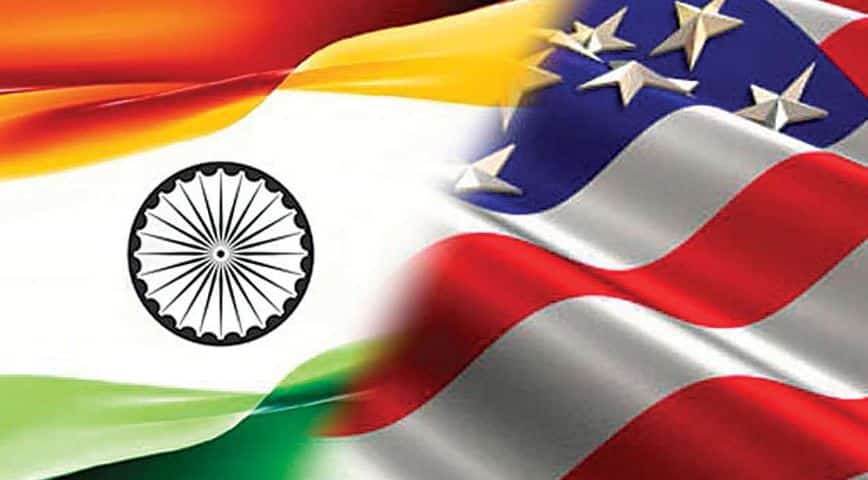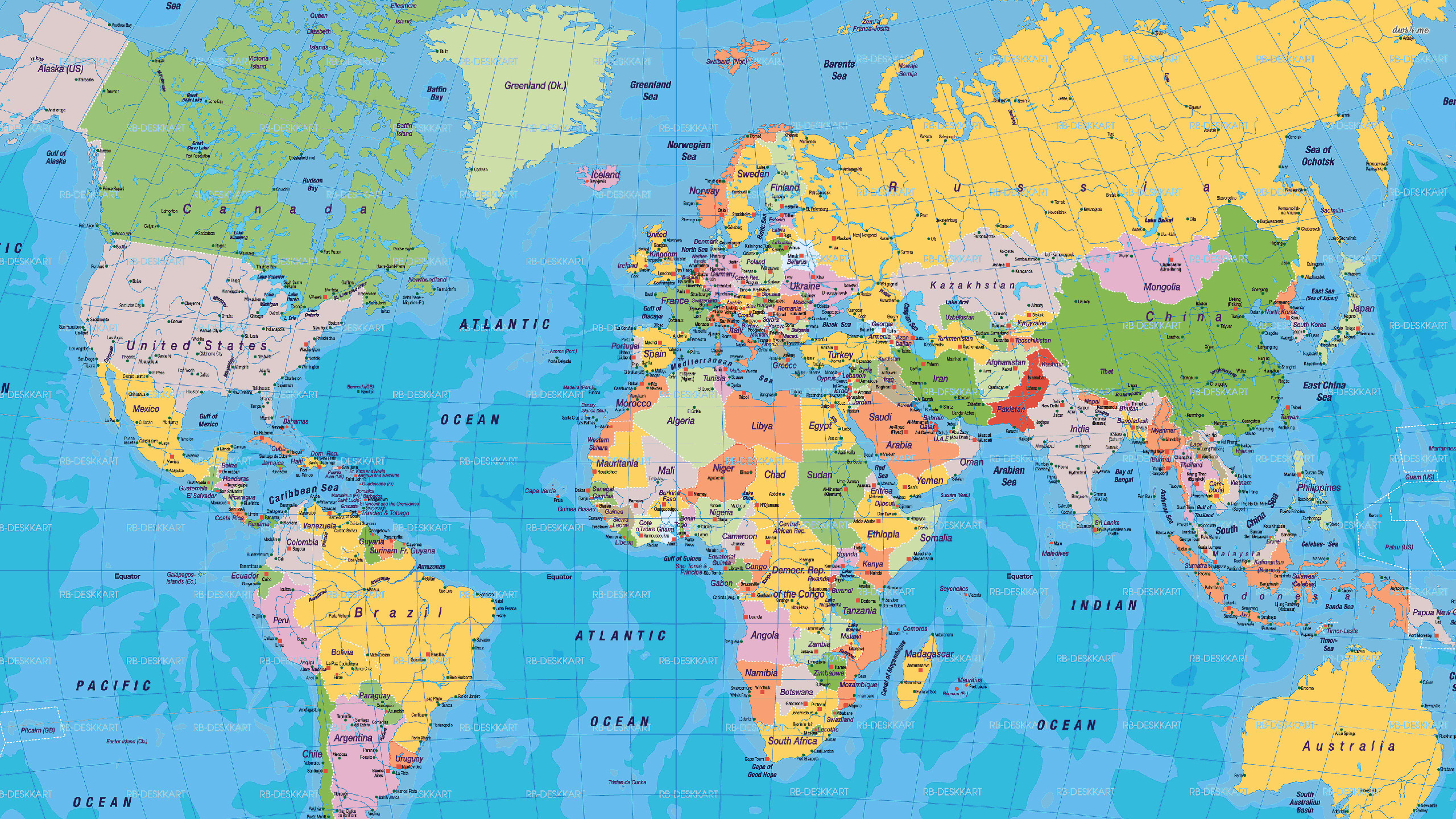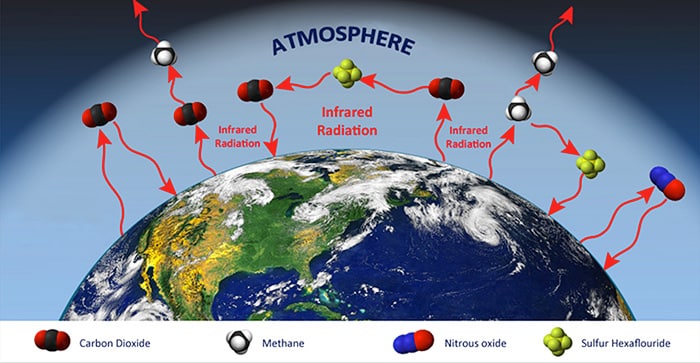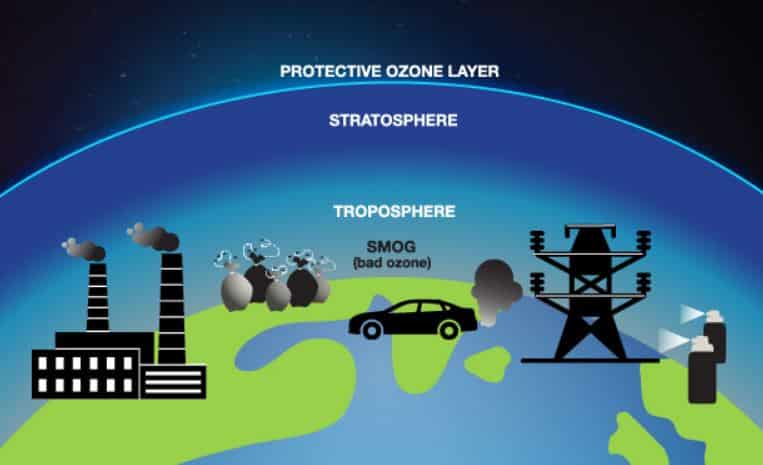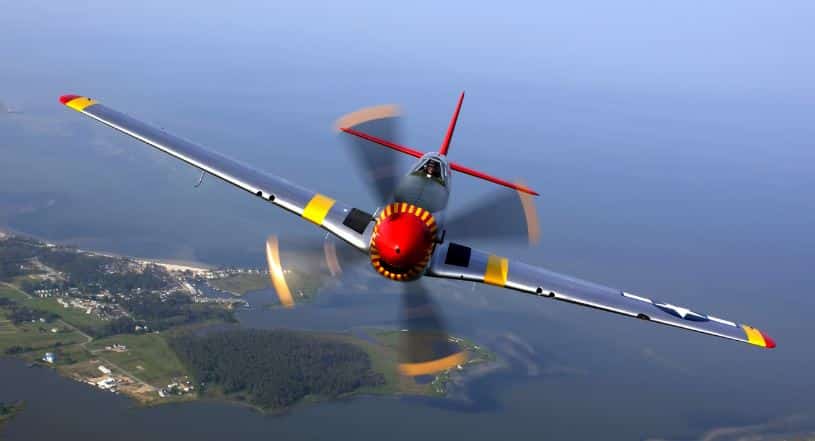India & European union Political International Relations | UPSC – IAS
The European Union has unveiled a ‘strategy paper’ outlining the broad roadmap for accelerating cooperation with India in a range of key sectors.
What does the strategy paper focus on?
Strategic Partnership
- It focuses on developing military-to-military relations under which deploying an EU military advisor in the EU Delegation in New Delhi and vice-versa is being considered.
- It will focus on negotiation of a broader contemporary Strategic Partnership Agreement supplanting 1994 EU-India Cooperation Agreement and intensify dialogue on Afghanistan and Central Asia.
- Also supports strengthening technical cooperation on fighting terrorism, countering radicalization, violent extremism and terrorist financing.
Maritime cooperation-
- Efforts will be made to identify common interests of both at policy and operational levels to enhance maritime security.
- It will focus on working with India and other key regional players such as South Africa to help build the capacity of maritime nations in the Indian Ocean and East Africa
Renewed focus on trade
- India and EU since 2007 are unable to strike a free trade agreement called Bilateral Trade and Investment Agreement (BTIA) due to incoherent interest of both.
- The European Union (EU) now is looking at reworking the proposed free trade pact with India called the Broad Based BTIA in a post-Brexit scenario.
- Though the strategy paper did not mention BTIA, but it aims to negotiate a “balanced, ambitious and mutually beneficial” free trade agreement (FTA) with sufficient level of ambition to respond to each side’s key interests in trade and investment.
Political Partnership
This includes reinforcing cooperation on foreign policy, promoting effective multilateralism and building on common values and objectives.
Why this immediate thrust?
- After the promising beginnings in 2000s, the EU-India partnership lost its momentum as it largely focused on trade and cultural rather than broad strategic and political issues.
- Europe’s main focus earlier was on China as its key partner and market in Asia while India viewed Europe largely as a trade bloc.
- But now the new strategic and power realities have pushed the two towards each other.
Chinese Challenge
-
- China’s increasing presence in Eurasia and South Asia is creating similar security, political and economic concerns for Europe and India. Both are driven by the need to diversify its partnerships and balance.
BREXIT- a new opportunity
- Both EU and India can seize an opportunity to work without Britain. Brexit is pushing India to look for new ‘gateways’ to Europe, as its traditional partner leaves the union. A renewed trade and political cooperation are the need of the hour.
- Fall of the conventional Liberal Trade Order-
- Trade war, crumbling WTO and break down of TPP etc has made EU understand the economic importance of India.
- Also for India, EU is one of the largest trading partner (13.5% of India’s overall trade with the world in 2015-16), well ahead of China (10.8%), USA (9.3%), UAE (7.7%) and Saudi Arabia (4.3%).
- India is the EU’s 9th trading partner in 2016 (2.2% of EU’s overall trade with the world), after South Korea (2.5%) and ahead of Canada (1.9%).
- With the rise of protectionism by USA, both have opportunity to increase the trade.
Conclusion
- The EU sees a larger role of India in the regional (Asian) and global security- economic architecture therefore is working on a new strategy with respect to India.
- Indian multi-alignment approach has made room for reviving India-EU partnership while rebalancing power relations in Eurasia has pushed Europe to carve out its own Asia policy. Hitherto Europe-India partnership was all about trade but now it is finally shifting to a strategic one.

